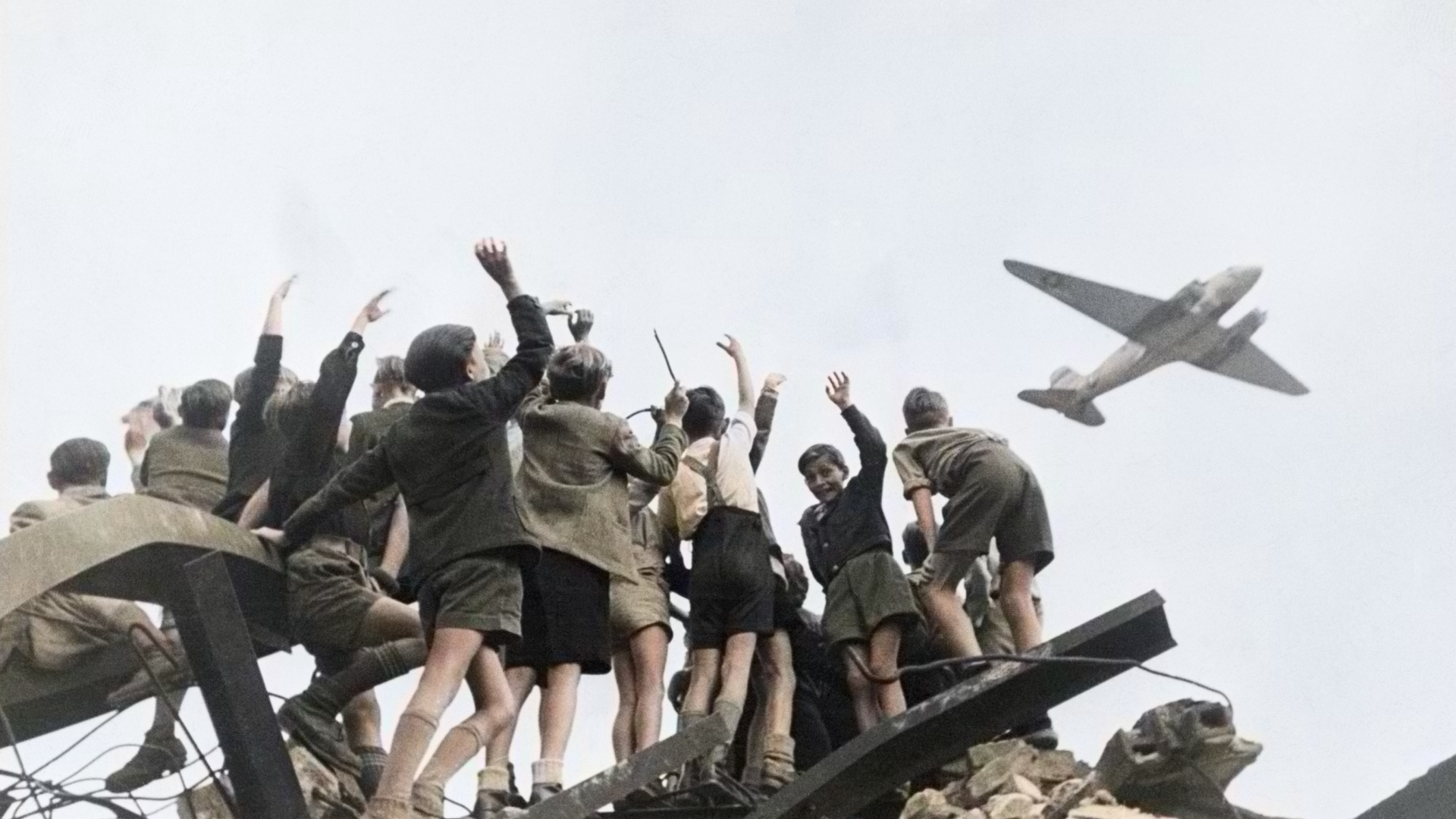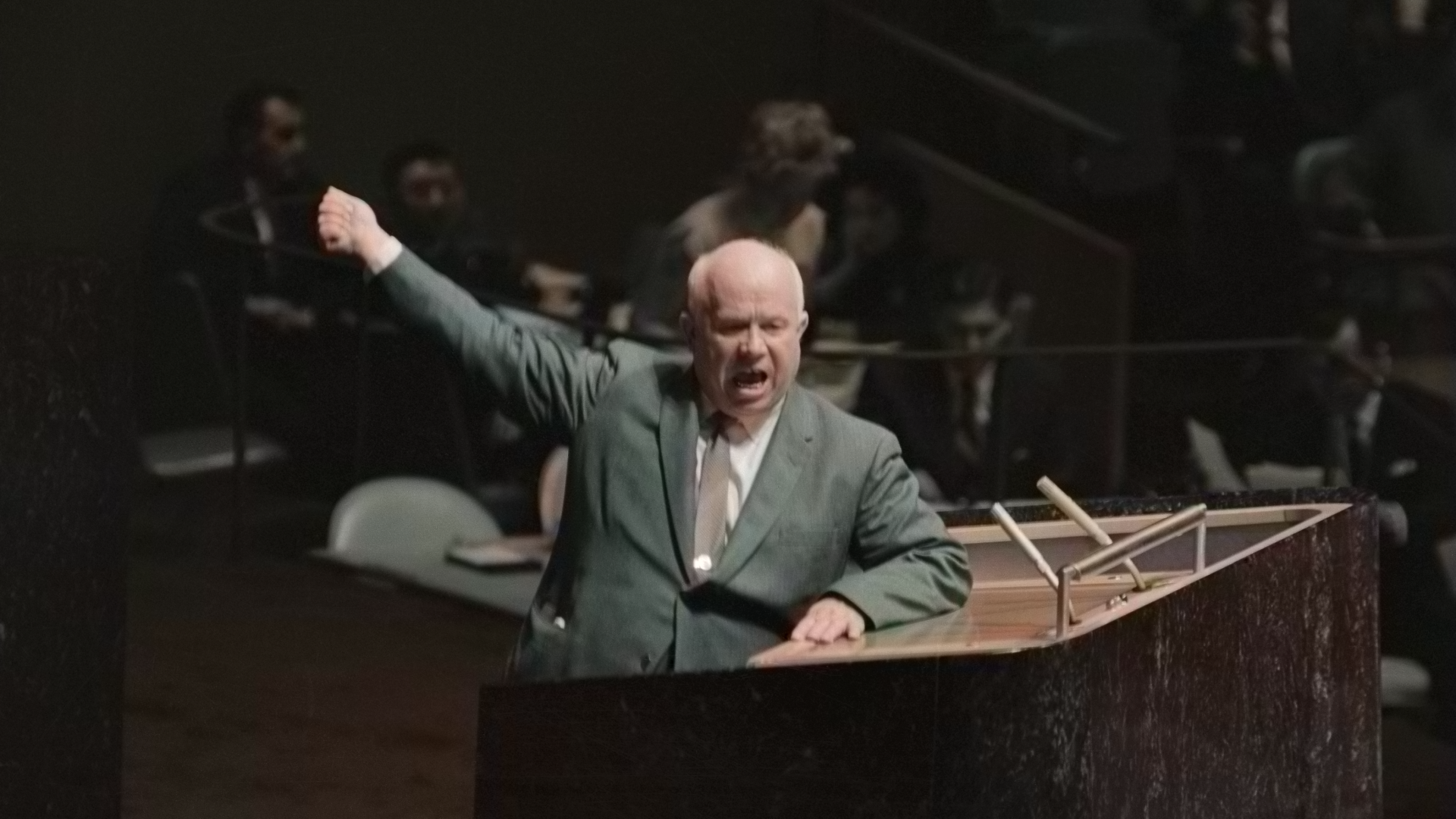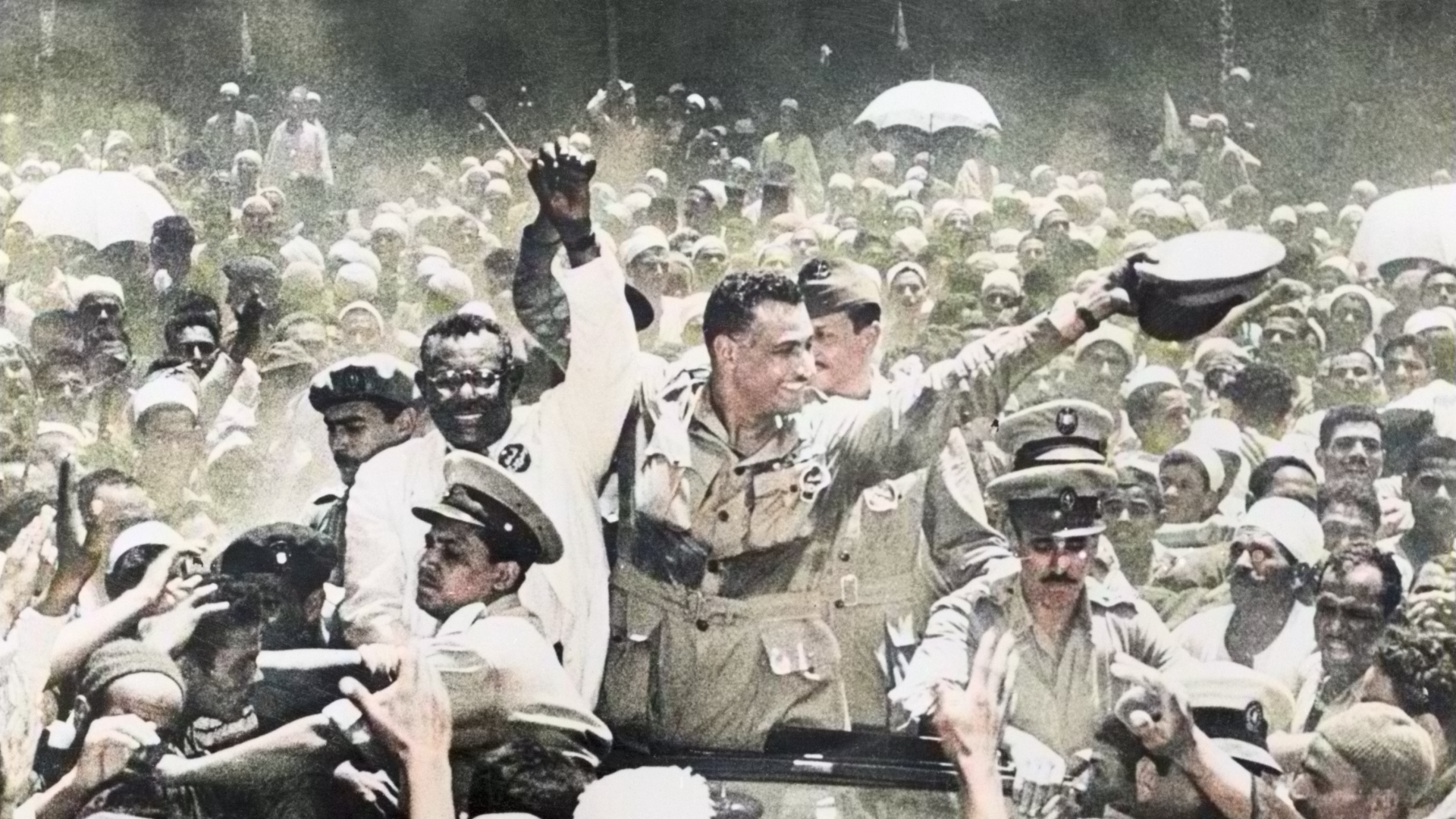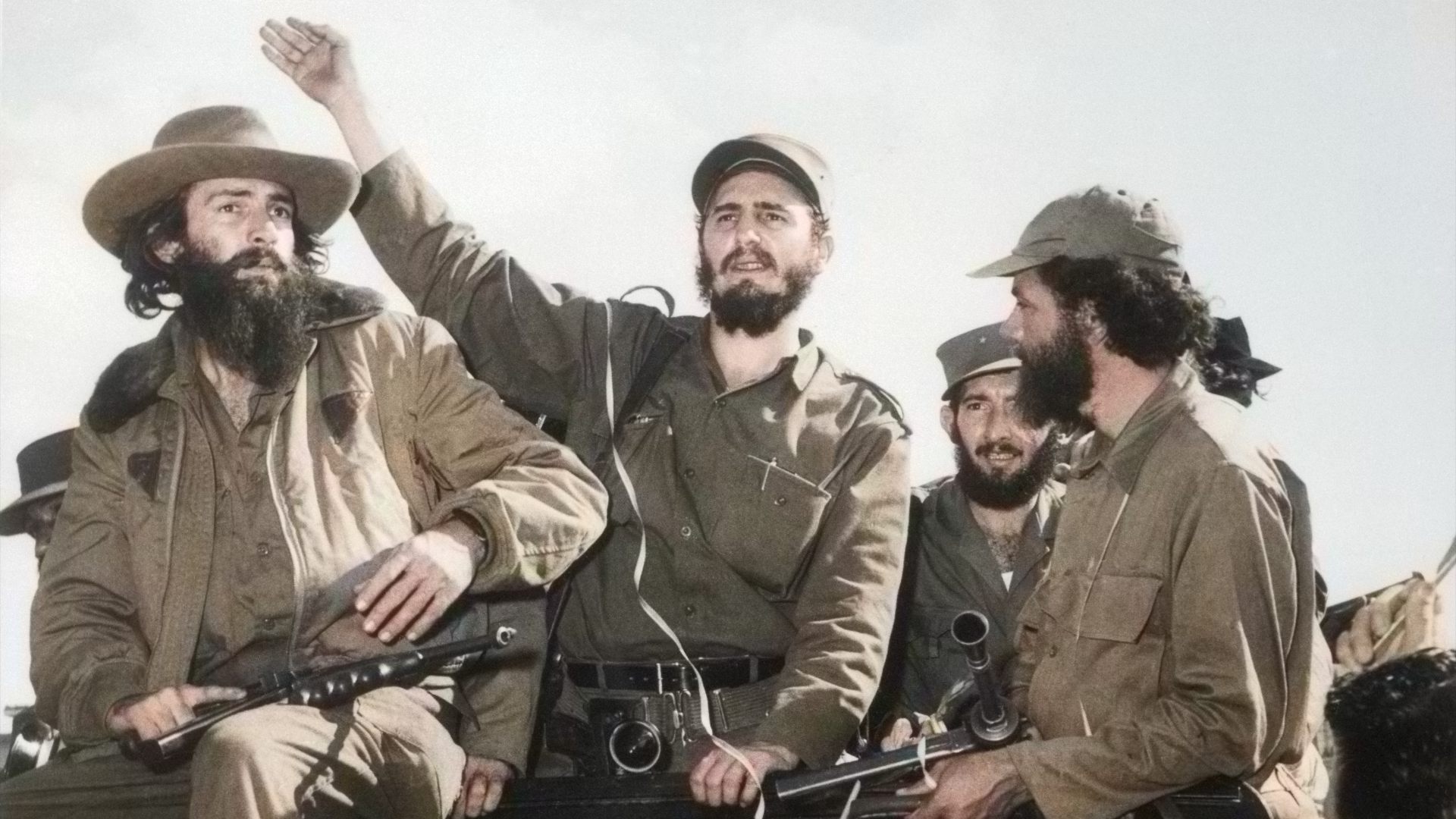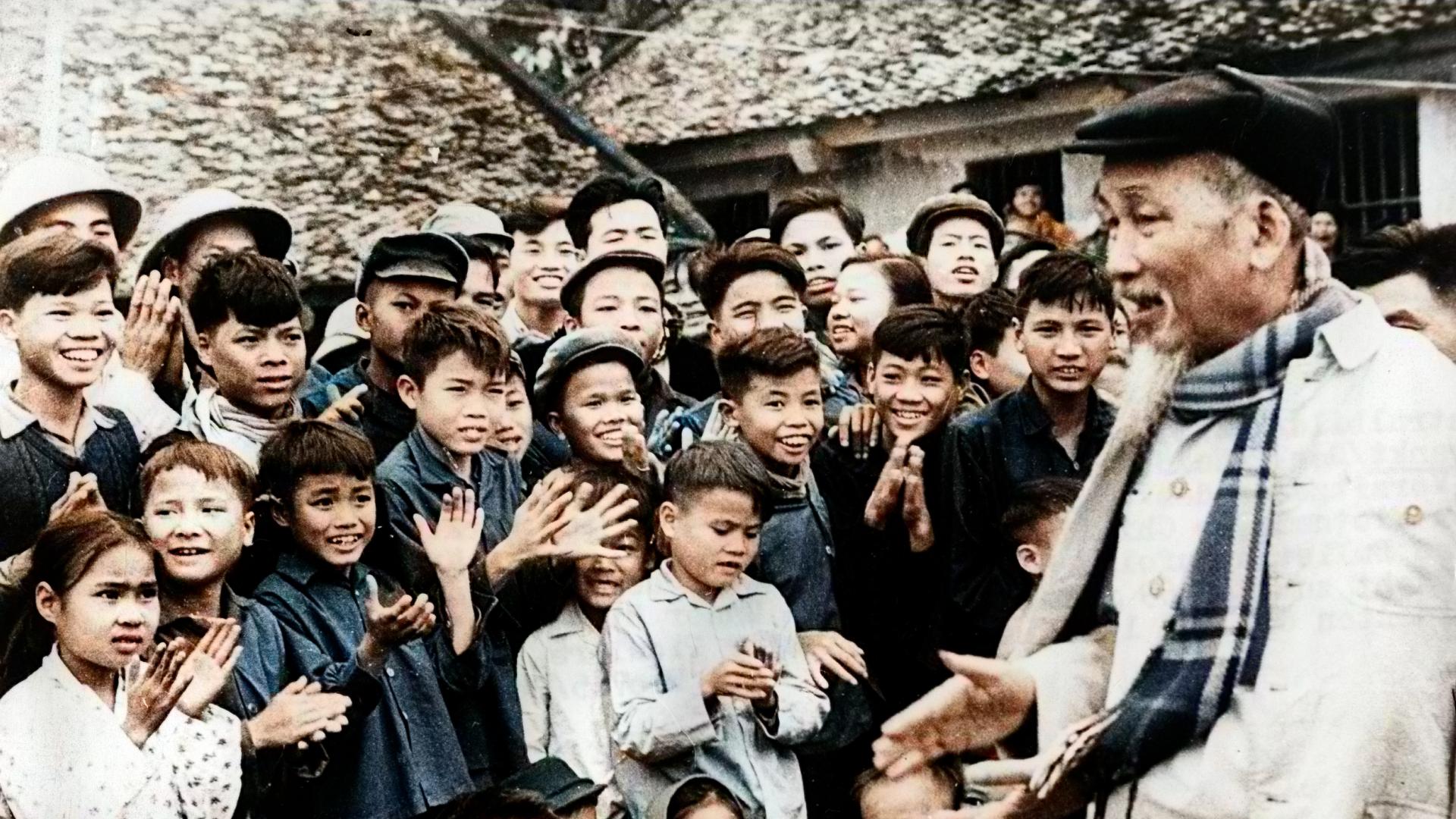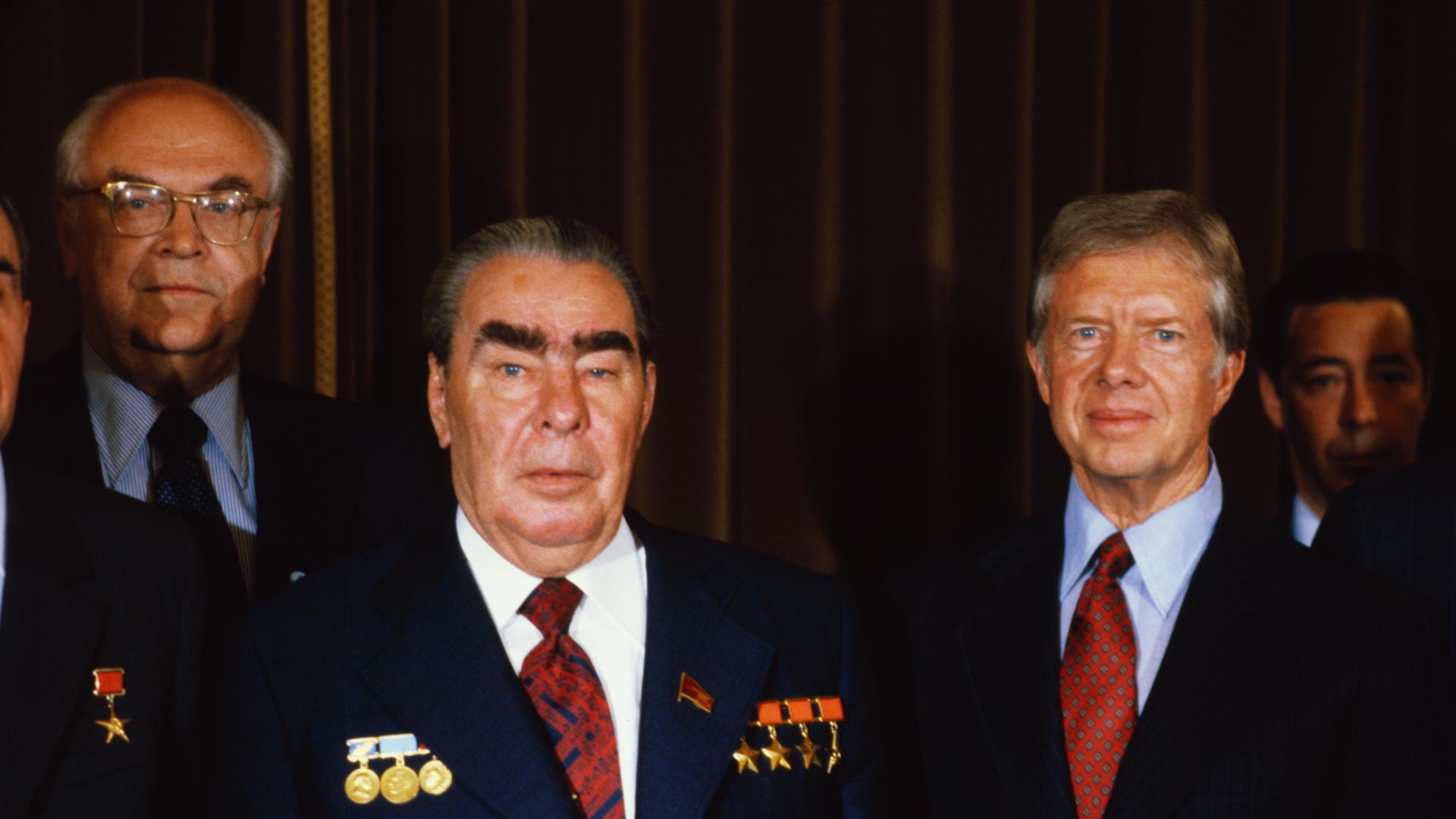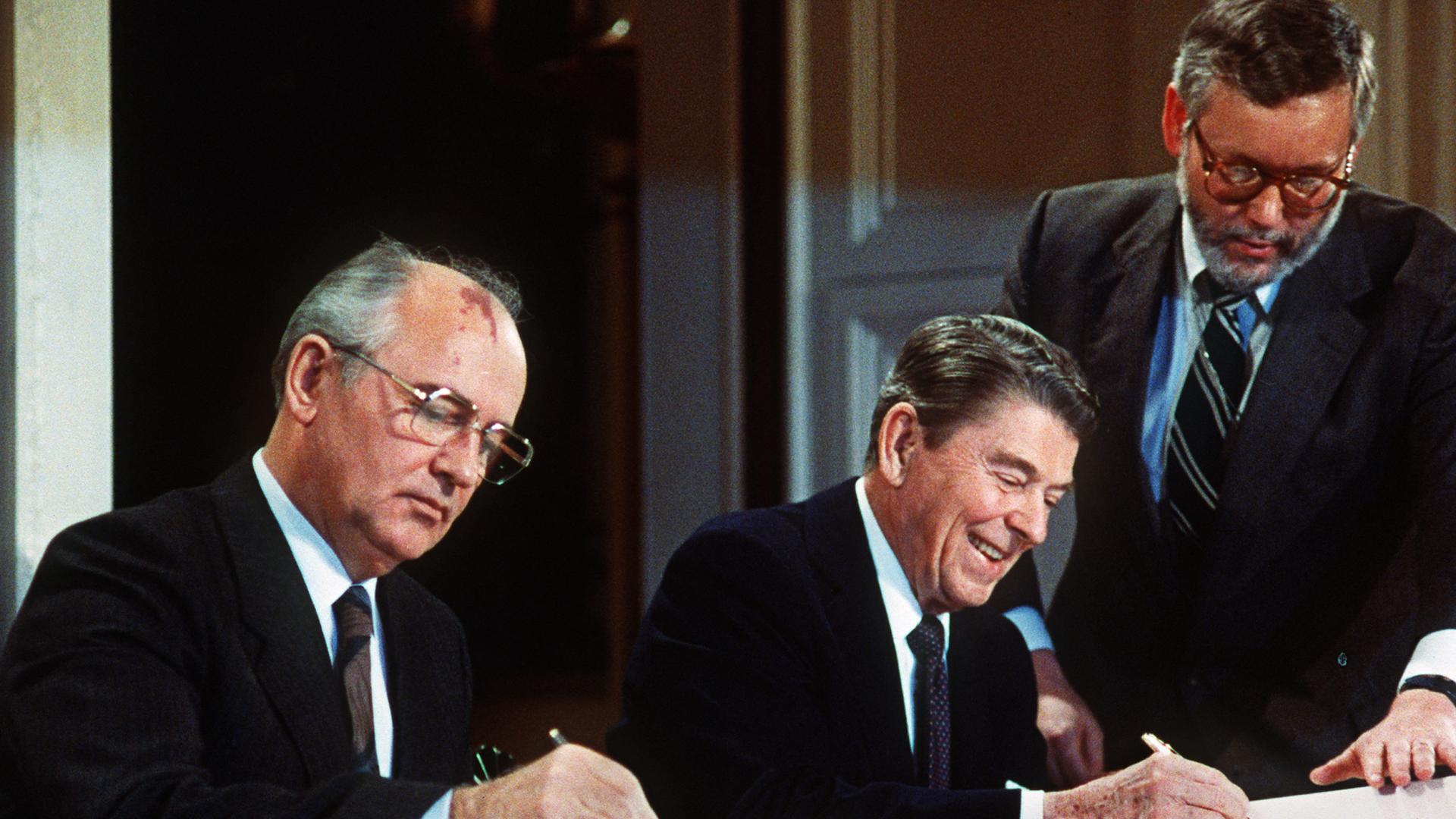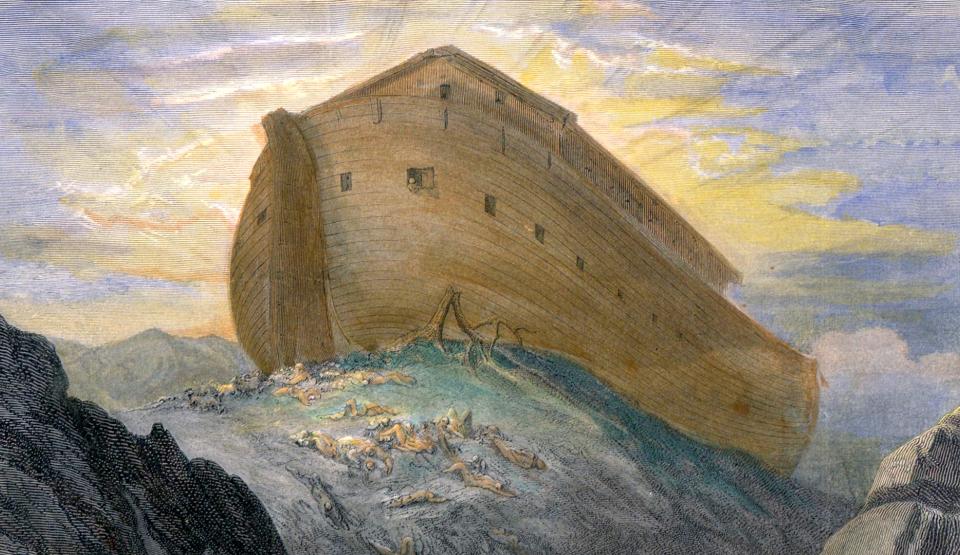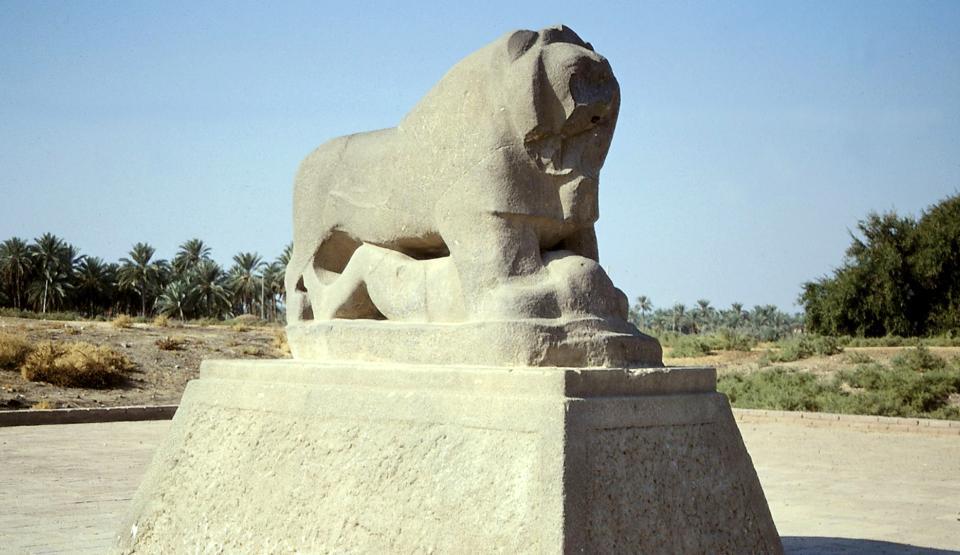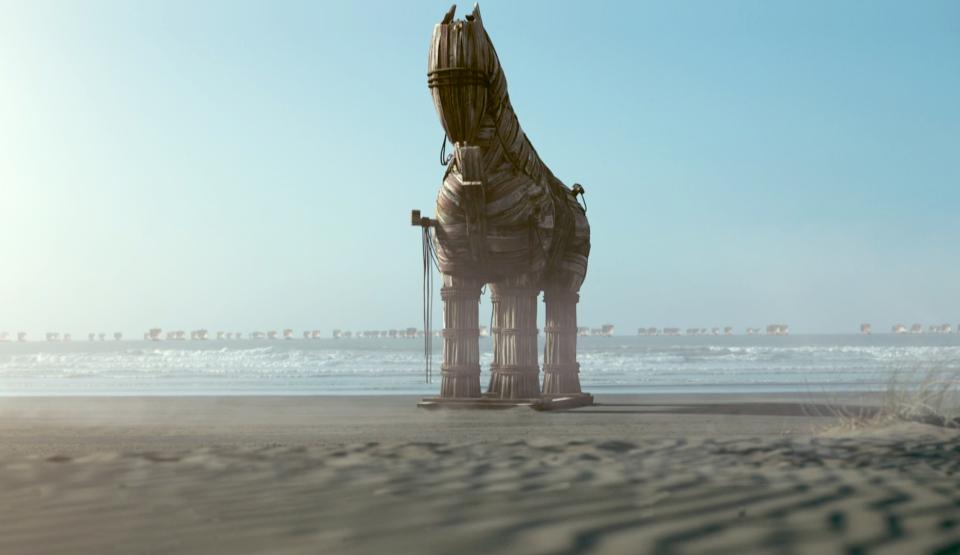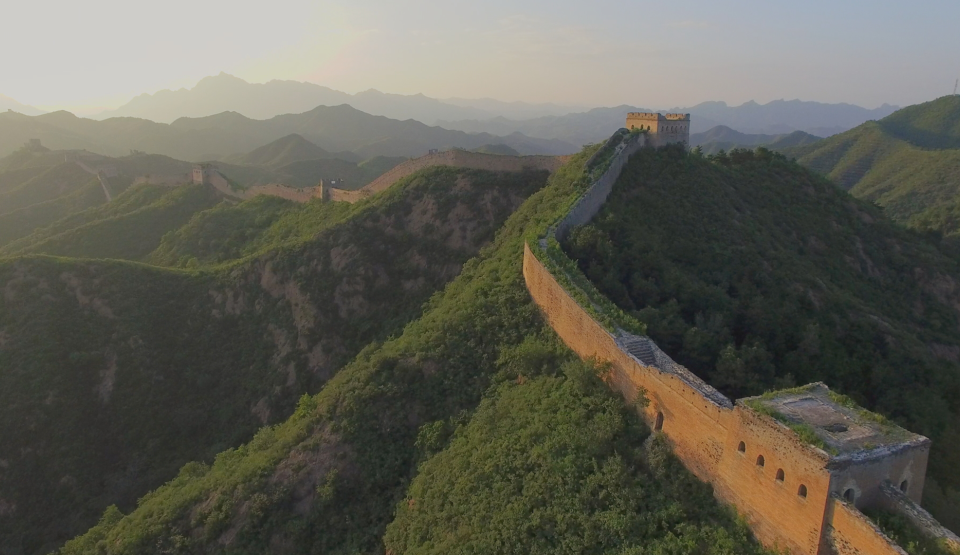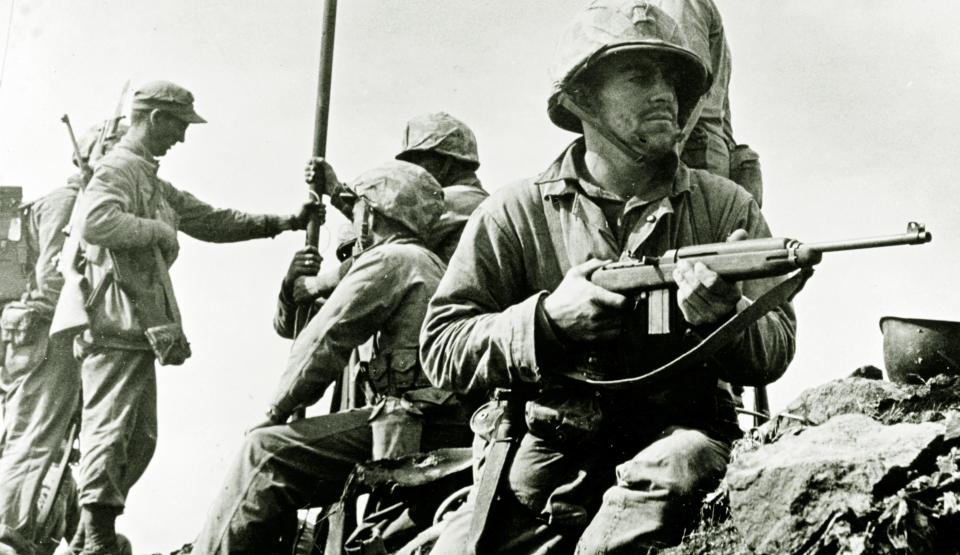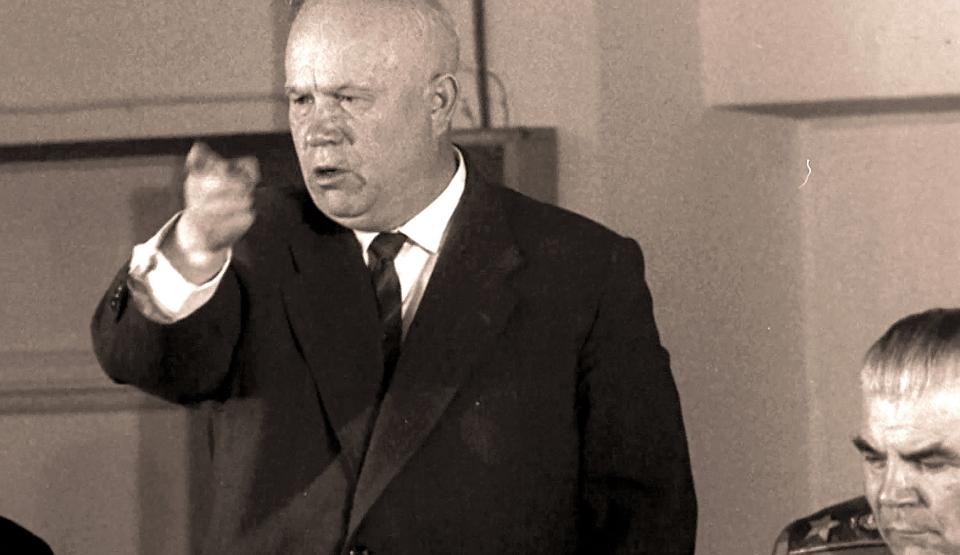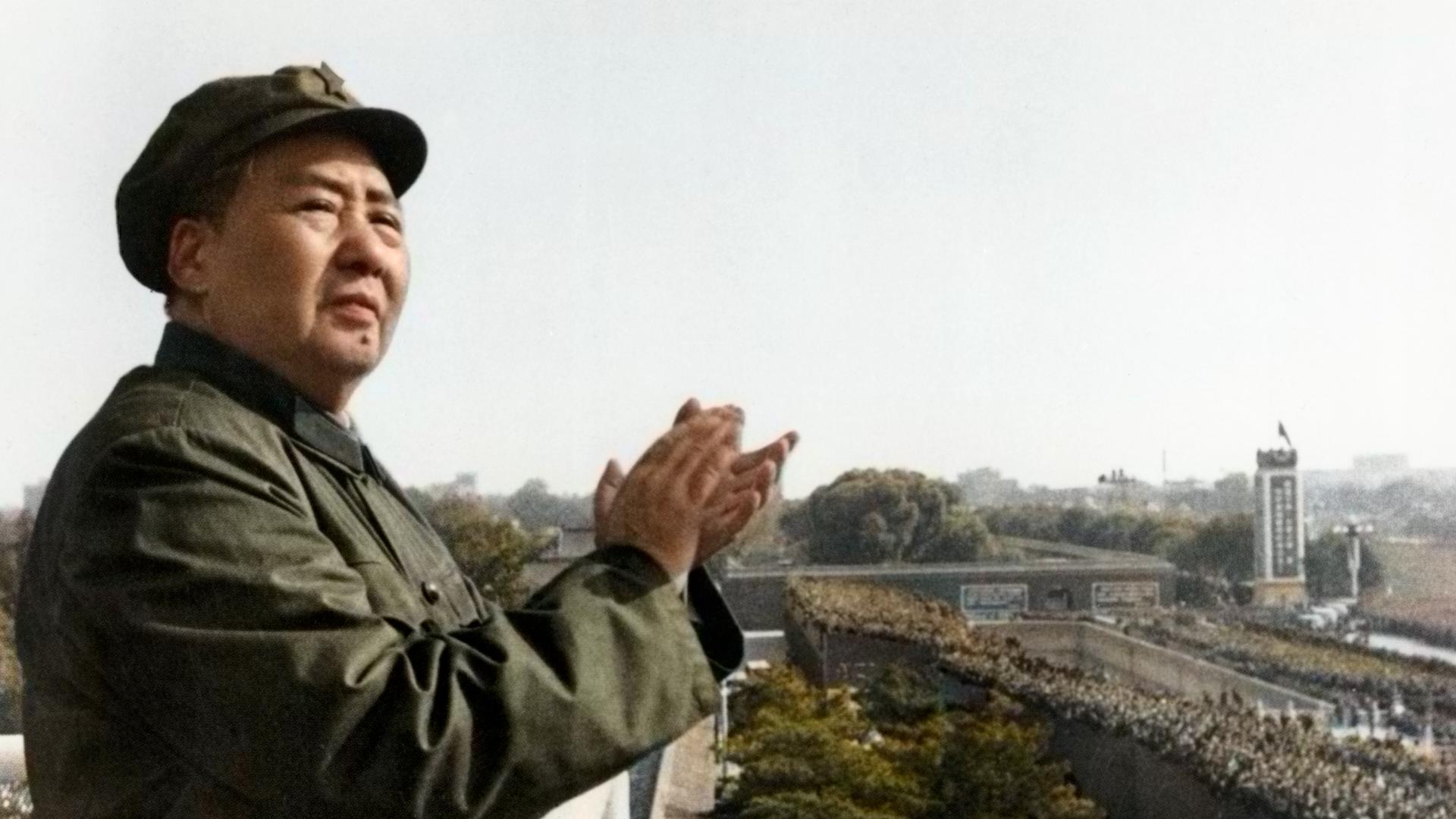
"Détente" focuses on a landmark Cold War moment when U.S. President Richard Nixon and Chinese leader Mao Zedong moved from enmity to engagement. Nixon’s 1972 visit to Beijing, the first by a U.S. president, astonished the world and opened a path to cooperation that changed the Cold War’s trajectory.
The episode traces Mao’s rise to power, his consolidation of communist China, and the brutal cost of campaigns like the Great Leap Forward and Cultural Revolution. It also follows Nixon’s transformation from staunch anti-communist to pragmatic strategist seeking new leverage against the Soviet Union, an exit from Vietnam, and stability at home.
Secret diplomacy led by Henry Kissinger paved the way for Nixon’s visit, culminating in the Shanghai Communiqué, which established a historic U.S.–China dialogue. Yet while Nixon’s success abroad bolstered his standing, the Watergate scandal soon engulfed his presidency, leading to his resignation in 1974. Mao’s declining health and death in 1976 marked China’s transition to new leadership under Deng Xiaoping, who would guide it toward reform and global engagement.
"Détente" reveals how Nixon and Mao’s unlikely meeting recast Cold War relations while signaling the passing of an era dominated by these two towering yet deeply flawed figures. This strategic rapprochement fundamentally altered the triangular dynamic of Cold War politics, providing the U.S. with new leverage against the Soviet Union. The foundation they laid would set the stage for decades of complex and intertwined U.S.-China relations, shaping the modern global order.
